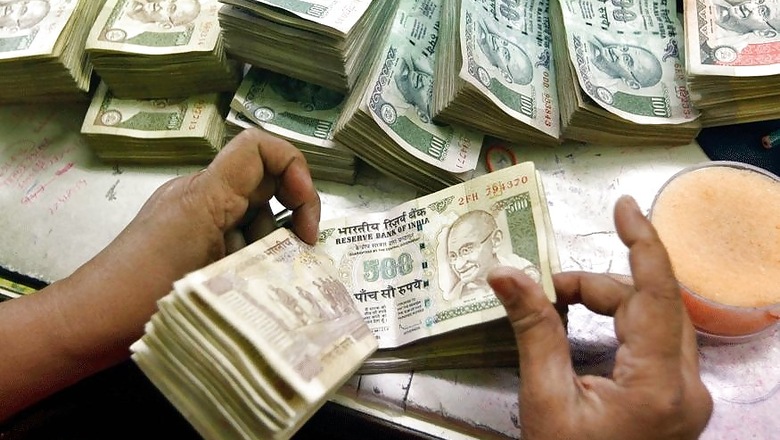
views
A month after Prime Minister Narendra Modi announced demonetisation of Rs 500 and Rs 1000 notes, people across the country are still reeling from a currency crunch.
The crunch has, according to reports, hit small businesses, daily labourers and thousands working in the informal sector. It also affected domestic budgets, especially for those who were planning weddings or other such events.
Many, though, were willing to bear such hardships for a larger cause. Many others used jugaad or ingenuity to tide over problems.
While the effects of demonetisation in metros were reported 24x7, that from other parts of the country never got much screenspace.
Here, Pradesh18 reporters bring out stories from these areas which look at mostly the brighter side of things.
Cashless Wedding
The wedding of Umashankar Satankar, a resident of Mandai village in Betul, Madhya Pradesh, was planned on Novemeber 15 but the demonetization announcement forced him to postpone it.
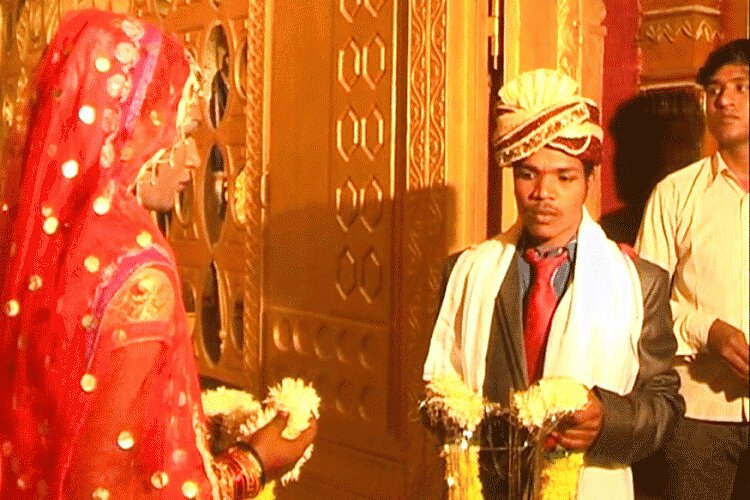
Umashankar had deposited all his money in the bank just a few days before the November 8 demonetisation and for a while was clueless on how to proceed with his wedding.
“Later we came to know that Balajipuram Temple nearby was helping couples solemnise their wedding free of charge. Me and my bride Sadhna Patil decided to tie the knot on December 5 at the temple. It turned out to be a blessing in disguise,” said Umashankar.
After the wedding rituals, the temple administration arranged food for the guests. The money which Umashankar had kept apart for wedding expenses stayed in the bank.
Rs 1,100 wedding with tea and laddoos
In Bihar's Katihar district, a couple set an example on austerity in the times of demonetisation.
Chitoria Garighat resident Saraswati married Raja in a simple ceremony which cost only Rs 1100. Saraswati’s father welcomed the baaratis (wedding guests) with only tea and laddoos.
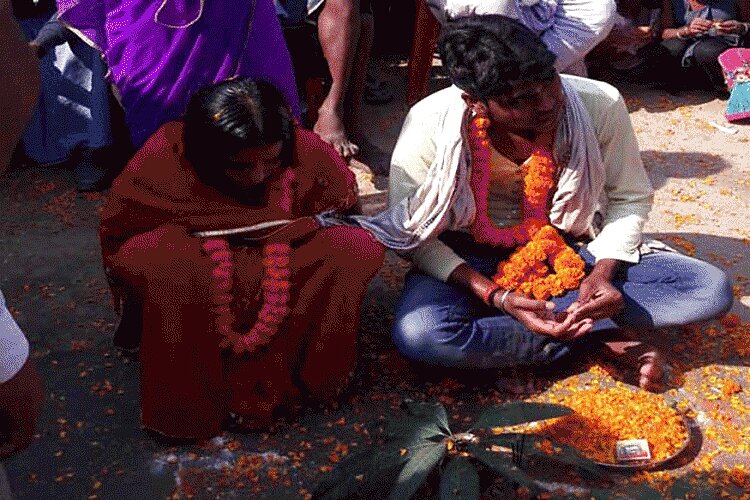
“All our money was stuck in the bank after the note ban announcement and we decided to have a low profile wedding,” said Raja.
As part of wedding expenses, Rs 700 was spent on gifts to the couple - a Rs 300 sari for the bride and shirt and trousers costing Rs 400 for the groom. The remaining Rs 400 was spent on snacks.
“Right now I don’t have the required money, but sometime later I will throw a party inviting villagers to celebrate my son’s wedding,” said Raja’s father Munshi Sahni.
Digital world, plastic money
Himani Binjola, an assistant professor at Dehradun’s Graphic Era University, says demonetisation has forced many people to go cashless, opening up new digital worlds for them.
“First, we used to stand in long lines to get railway reservations done, but the online process has made it a matter of minutes and that too from the comfort of your home,” said Himani.
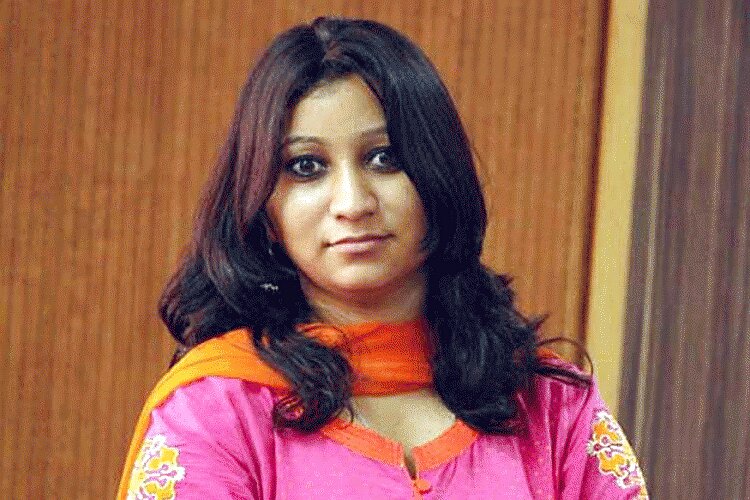
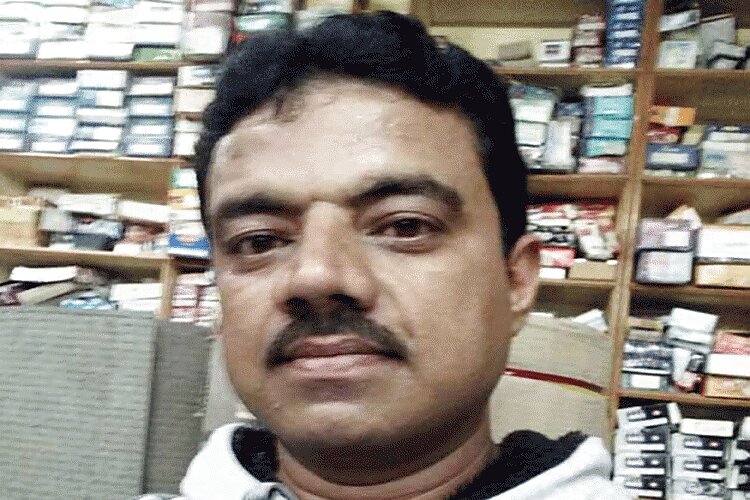
from Jagdalpur in Chhattisgarh, said he has had a mixed experience. “In the beginning, it was painful and frustrating. I felt many difficulties in my business due to the cash crunch. I was also not accustomed to the use of debit and credit cards,” Manish said.
“Now, after one month, it is getting normal for me as I have started using plastic money. I feel that in future hardships will subside,” Manish added.
The businessman however sounded a word of caution - backward areas like his will take a long time to get back to normal because of less digital literacy and low connectivity.


















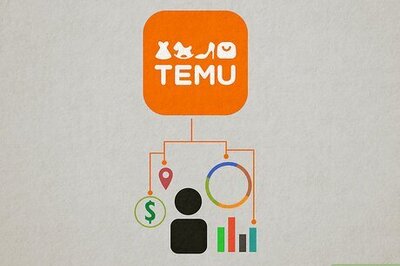
Comments
0 comment